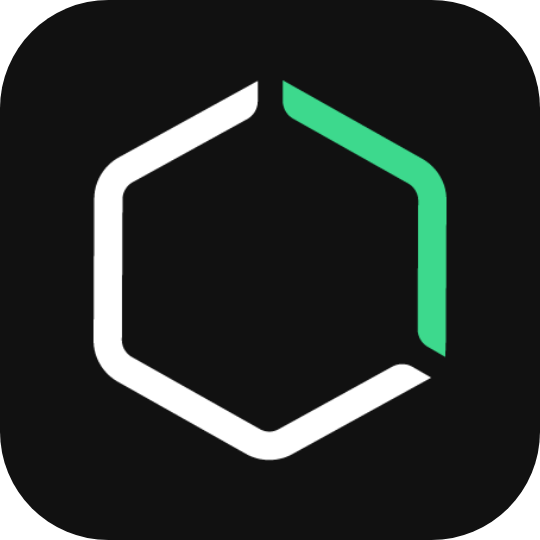
AI analysis of coaching sessions is a valuable way for coaches to really see and hear how they coach vs. how they think they coach; this has a much broader use case for many types of 1:1 conversations.
Carol Braddick
In this edition, we sat down with Carol Braddick, an experienced Leadership Coach and a Consultant at the Future of Coaching Collaboration (FCC), where she’s focused on the “Disruptive Tech” Workstream. In our chat, Carol told us a bit about what she’s seeing at companies she has worked with, and gives her take on how technology (and particularly generative AI) is changing the coaching field.
Carol, can you tell us a bit about yourself?
I’ve been working for over 20 years as a leadership coach, primarily with leaders in large global companies. My focus involves one-on-one coaching with these leaders and their teams. Even before COVID, I was working remotely with clients. In the past five years, I’ve taken a keen interest in integrating technology into coaching to complement human coaches and engage clients between sessions, and in some cases, even serve as the coach.
What does leadership mean to you, and which skills do people need to succeed as a leader?
The concept of leadership varies across companies. While some still tie it to a role or level, many are transitioning towards the idea that leadership can emerge from any position within the organization. For me, leadership entails making a positive impact on oneself and others, aligning with the company’s strategy, and influencing others toward that common goal. I simplify leadership into three elements: direction, execution, and connection/commitment.
What does leadership development look like at some of the companies you’ve seen?
Leadership development is evolving rapidly, aiming to deliver content and experiences more efficiently, responding swiftly to organizational needs. Companies are adopting generative AI to enable faster content creation, personalized in-the-flow-of -work support and better listening internally to understand needs. They are also focusing on post-program follow-ups to sustain practice and measure the impact accurately.
What was your biggest success story with implementing or improving a leadership development initiative? We’re also interested in hearing stories about what didn’t work!
One initiative that underperforms regularly is mass delivery of 360-degree feedback or recently, data driven observations on behavior such as email use. While providing data, there isn’t a clear path for individuals to derive meaning from the data or take actionable steps – unless they are already skilled in doing this and active learners. Successful initiatives involve participants developing skills in using the data and forming a group committed to observing them and giving ongoing feedback to aid individual development.
What are some current challenges with leadership development overall in your company? What are hard parts about developing leaders?
One challenge is presenting data as coaching without a structured approach for individuals to interpret and act upon it. Additionally, there’s underutilization of available technology by employees, hindering the potential benefits these tools could offer to leaders.
Have you considered using AI tools in developing the future generation of leaders? Why/why not?
Yes, there’s excitement around the potential of generative AI to accelerate conversational digital agents’ accessibility to more people. However, I remain skeptical about relying solely on data-driven coaching without a clear methodology for acting on the data.
What applications of AI seem most promising to you from a leadership development standpoint? Where does AI fall flat?
Generative AI to create engaging digital coaching agents seems promising, allowing for expanded conversational experiences in addition to working with a human coach and or as a standalone. AI analysis of coaching conversations is also a valuable way for coaches to really see and hear how they coach vs. how they think they coach; this has a much broader use case for many types of 1:1 conversations. AI might fall short when presenting data without a clear pathway for individuals to interpret and act upon it effectively.
To learn from more experts on how to grow leaders at your company, check out our full list of interviews here.
If you’re looking to grow future leaders at your own company, get in touch to see how Bunch can enable you to give every person in your company a personalized, continuous development program in just 2 minutes a day.





